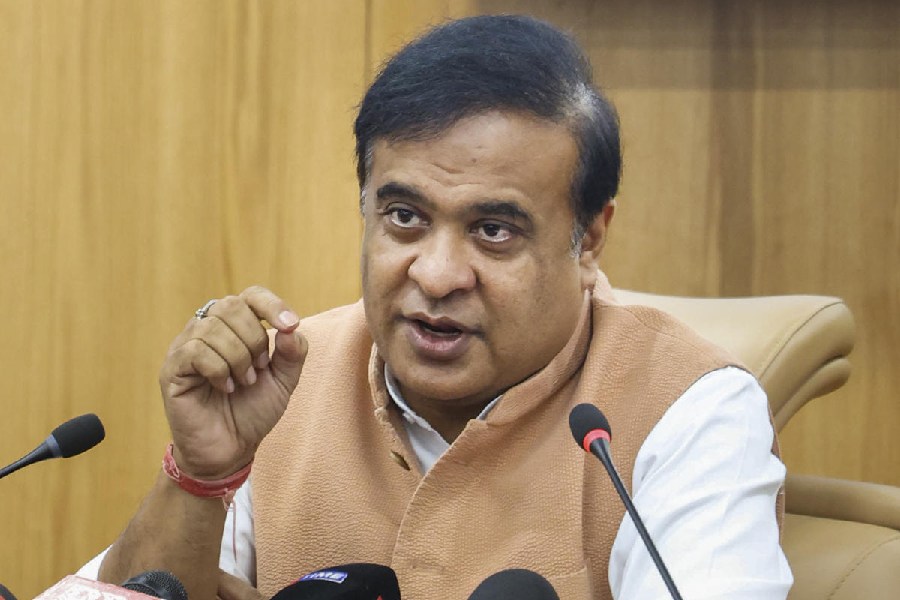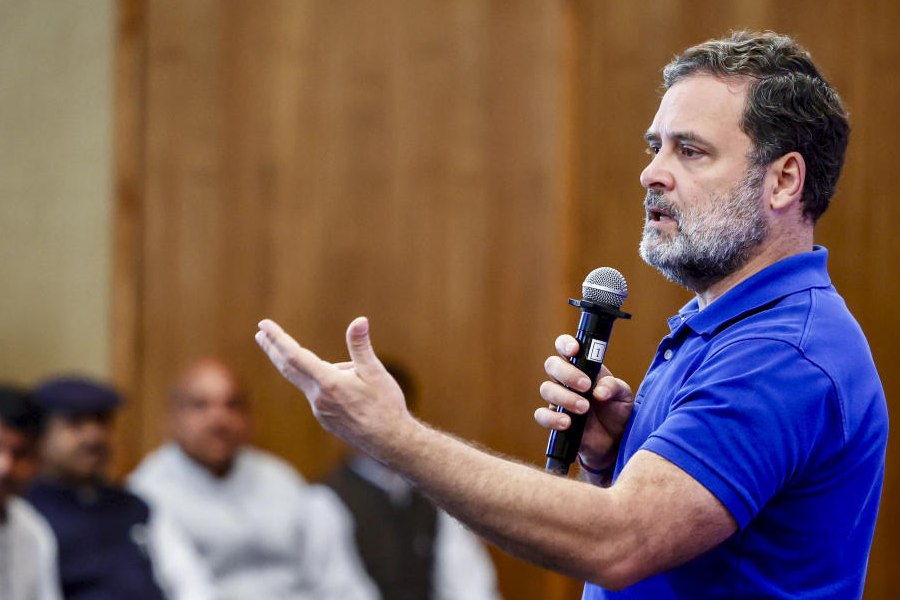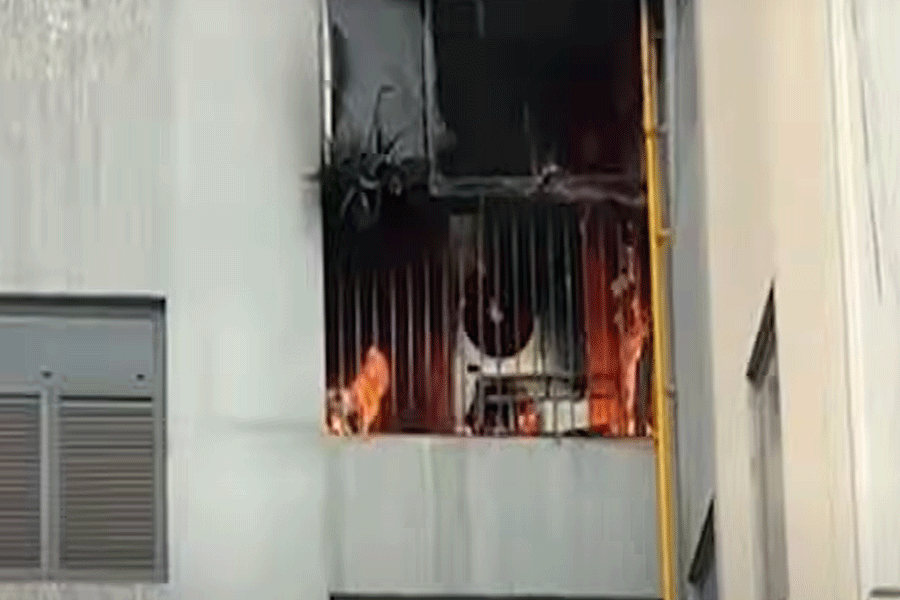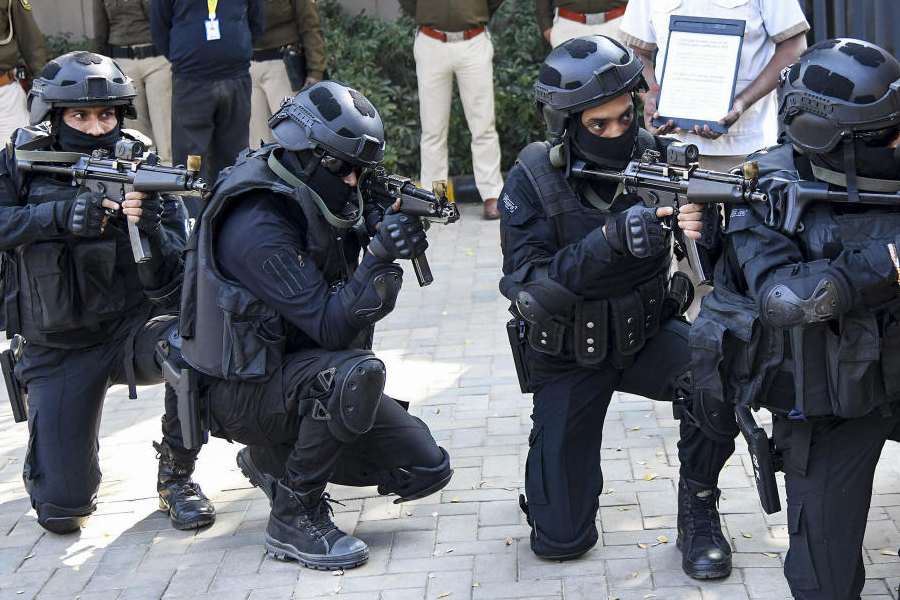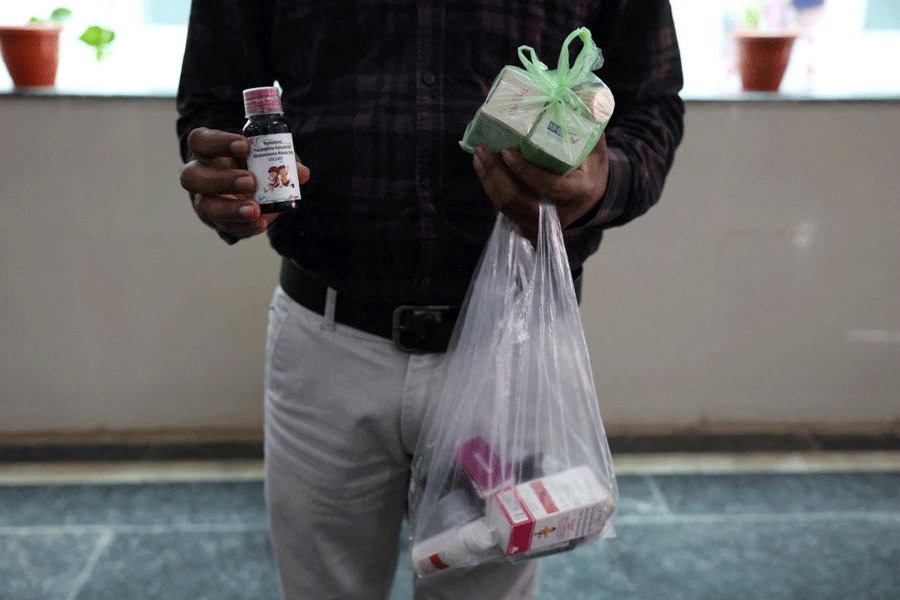India has started to push people it considers illegal immigrants into neighbouring Bangladesh, but human rights activists say authorities are arbitrarily throwing people out of the country.
Since May, the northeastern Indian state of Assam has "pushed back" 303 people into Bangladesh out of 30,000 declared as foreigners by various tribunals over the years, a top official said this week.
Such people in Assam are typically long-term residents with families and land in the state, which is home to tens of thousands of families tracing their roots to Muslim-majority Bangladesh.
Activists say many of them and their families are often wrongly classified as foreigners in mainly Hindu India and are too poor to challenge tribunal judgements in higher courts.
Some activists, who did not want to be named for fear of reprisal, said only Muslims had been targeted in the expulsion drive. An Assam government spokesperson did not immediately respond to a request for comment.
Assam, which has a 260 km (160 mile) border with Bangladesh, started sending back people last month who had been declared as foreigners by its Foreigners Tribunals. Such a move is politically popular in Assam, where Bengali language speakers with possible roots in Bangladesh compete for jobs and resources with local Assamese speakers.
"There is pressure from the Supreme Court to act on the expulsion of foreigners," Assam Chief Minister Himanta Biswa Sarma told the state assembly on Monday. "We have pushed back 303 people. These pushbacks will be intensified. We have to be more active and proactive to save the state."
He was referring to the Supreme Court asking Assam in February why it had not moved on deporting declared foreigners.
Bangladesh's foreign affairs adviser, Touhid Hossain, did not immediately reply to an email seeking comment. Last week, he told reporters that people were being sent to his country from India and that the government was in touch with New Delhi over it.
Aman Wadud, an Assam-based lawyer who routinely fights citizenship cases and is now a member of the main opposition Congress party, said the government was "arbitrarily throwing people out of the country".
"There is a lot of panic on the ground - more than ever before," he said.
SOME BROUGHT BACK
Sarma said no genuine Indian citizens will be expelled. But he added that up to four of the people deported were brought back to India because appeals challenging their non-Indian status were being heard in court.
One of them was Khairul Islam, a 51-year-old former government school teacher who was declared a foreigner by a tribunal in 2016. He spent two years in an Assam detention centre and was released on bail in August 2020.
He said police picked him up on May 23 from his home and took him to a detention centre, from where he and 31 others were rounded up by Indian border guards and loaded into a van, blindfolded and hands tied.
"Then, 14 of us were put onto another truck. We were taken to a spot along the border and pushed into Bangladesh," he said. "It was terrifying. I’ve never experienced anything like it. It was late at night. There was a straight road, and we all started walking along it."
Islam said residents of a Bangladeshi village then called the Border Guard Bangladesh, who then pushed the group of 14 into the "no man’s land between the two countries".
"All day we stood there in the open field under the harsh sun," he said.
Later, the group was taken to a Bangladesh guards camp while Islam’s wife told police in Assam that as his case was still pending in court, he should be brought back.
"After a few days, I was suddenly handed back to Indian police," he said. "That’s how I made my way back home. I have no idea what happened to the others who were with me, or where they are."
It is not only Assam that is acting against people deemed to be living illegally in the country.
Police in the western city of Ahmedabad said they have identified more than 250 people "confirmed to be Bangladeshi immigrants living illegally here".
"The process to deport them is in progress," said senior police officer Ajit Rajian.

